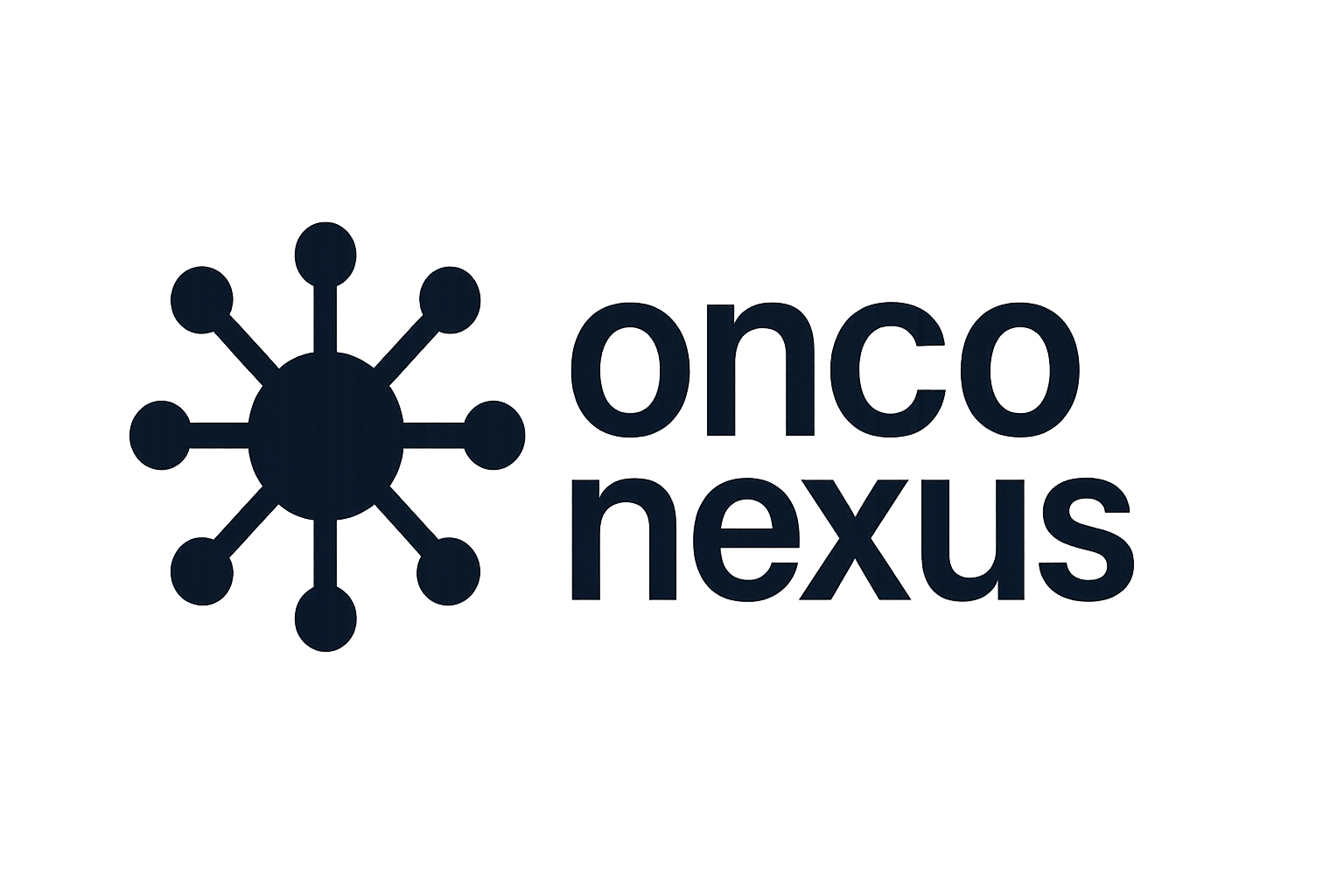

Combination immunotherapy with ipilimumab/nivolumab remains the standard of care for asymptomatic melanoma brain metastases, achieving 50-55% response rates and 54% three-year progression-free survival. For symptomatic patients requiring corticosteroids, response rates drop significantly to ~20%, often necessitating local therapy before systemic treatment.

Panel Composition & Case Focus
- Expert Panel: Dr. James Smithy (Memorial Sloan Kettering), Dr. Ahmad Tarhini (Moffitt Cancer Center), Dr. Michael Postow (Memorial Sloan Kettering)
- Primary Case: 63-year-old male with BRAF V600E-positive metastatic melanoma and single 8mm asymptomatic brain metastasis
- Discussion Scope: Treatment sequencing, multidisciplinary approaches, emerging therapies
Key Clinical Insights
For Asymptomatic Brain Metastases:
- Ipilimumab 3 mg/kg + nivolumab 1 mg/kg preferred first-line approach
- CheckMate204 data: 50-55% overall response rate, 72% three-year overall survival
- MRI reassessment at 6 weeks to guide stereotactic radiosurgery decisions
- Systemic therapy often prioritized over immediate local therapy when extracranial disease is life-limiting
For Symptomatic Brain Metastases:
- Corticosteroid requirement significantly reduces immunotherapy efficacy
- Response rates drop to approximately 20% with 28% three-year progression-free survival
- Local therapy (surgery/radiation) often needed before systemic treatment
- Goal is corticosteroid weaning to optimize immunotherapy response
Emerging Treatment Considerations
Nivolumab/Relatlimab Combination:
- Early data from BLUEBONNET trial shows intracranial activity
- RELATIVITY-047 retrospective analysis suggests improved brain metastasis-free survival
- May offer protection against microscopic disease progression
- Still considered investigational compared to established ipilimumab/nivolumab
Triplet Therapy (BRAF-mutant patients):
- SWOG S2000: encorafenib + binimetinib + nivolumab showed higher response rates
- Potential option for symptomatic patients on corticosteroids
- Alternative to sequential BRAF/MEK followed by immunotherapy (SECOMBIT approach)
Clinical Practice Guidelines
Corticosteroid Thresholds:
- ≤10 mg prednisone daily generally acceptable for checkpoint inhibitor therapy
- Lower steroid doses improve immunotherapy efficacy
- No definitive threshold established for dexamethasone equivalents
Multidisciplinary Coordination:
- Early neurosurgery and radiation oncology consultation recommended
- Treatment timing decisions should consider extracranial disease burden
- Patient preference and comfort with different approaches factor into decision-making
Source: https://www.oncologynewscentral.com/clinical-roundtable/recent-advances-reshape-management-of-melanoma-brain-metastases



